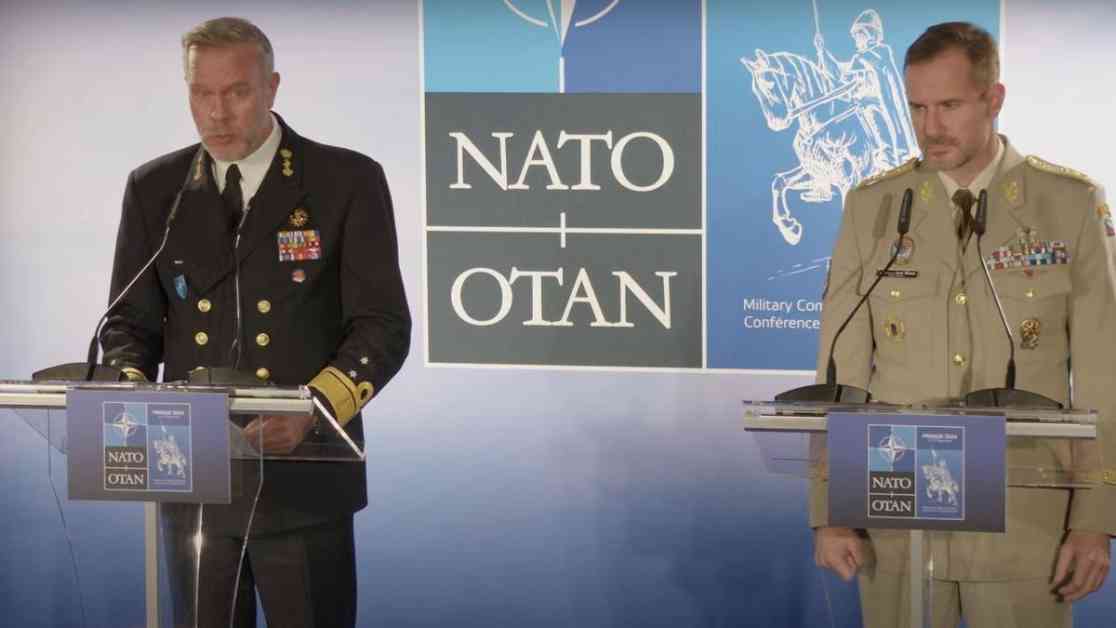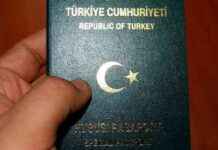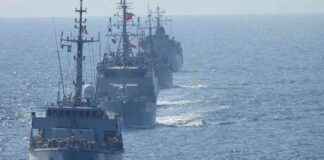NATO’s Statement on Long-Range Missiles – World News
The NATO Military Committee convened in Prague yesterday, with a joint press conference held by Dutch Navy Admiral Bauer and Czech Chief of General Staff Karel Rehka following the meeting. When asked about Ukraine’s use of long-range weapons on Russian territory, Admiral Bauer responded, “According to the laws of armed conflict, every nation under attack has the right to self-defense, and this right does not stop at your own nation’s borders. In other words, you have the right to retaliate against the nation that has attacked you. From a military standpoint, you do this to weaken the enemy and disrupt their logistics, fuel, and ammunition supply lines coming to the frontlines.” Chief of General Staff Rehka echoed Bauer’s sentiments, stating, “As long as it complies with international law and the laws of armed conflict, I believe it is entirely legitimate and legal for Ukrainians to target Russian facilities on Russian soil. As the Czech Republic, we do not impose any restrictions on the weapons we provide to Ukraine. We believe that it is up to Ukraine to decide how to use these weapons.”
The Legality of Long-Range Missiles in Conflict
The use of long-range missiles in conflict zones has long been a topic of debate in international law and military circles. Some argue that striking deep into enemy territory can be a strategic advantage, while others raise concerns about the potential for civilian casualties and escalation of violence. The case of Ukraine using long-range weapons on Russian soil has brought these issues to the forefront once again.
Admiral Bauer’s assertion that nations have the right to defend themselves beyond their own borders is in line with the principles of self-defense enshrined in international law. However, the key question remains whether the use of long-range missiles by Ukraine against Russian targets constitutes a legitimate act of self-defense or an escalation of the conflict.
NATO’s Stance on the Situation
NATO has been closely monitoring the situation between Ukraine and Russia, with member states expressing solidarity with Ukraine while also advocating for a peaceful resolution to the conflict. The alliance has condemned Russia’s actions in Ukraine and called for the respect of Ukraine’s territorial integrity and sovereignty.
In response to questions about Ukraine’s use of long-range missiles, NATO officials have reiterated the importance of adherence to international law and the laws of armed conflict. While recognizing Ukraine’s right to self-defense, NATO has also emphasized the need for all parties to exercise restraint and avoid actions that could further escalate the conflict.
The Implications of Using Long-Range Missiles
The use of long-range missiles in modern warfare has significant implications for both military strategy and international relations. These weapons have the capability to strike targets hundreds or even thousands of kilometers away, making them a powerful tool for projecting force and exerting influence on the battlefield.
However, the use of long-range missiles also raises concerns about the potential for collateral damage and civilian casualties. The precision of these weapons is not always guaranteed, and there is always a risk of unintended consequences when targeting enemy facilities in densely populated areas.
In the case of Ukraine targeting Russian facilities on Russian soil, there is a clear risk of further escalation and retaliation from Russia. The use of long-range missiles in this context could potentially lead to a widening of the conflict and increased civilian suffering on both sides.
In conclusion, the issue of Ukraine’s use of long-range missiles on Russian territory is a complex and sensitive matter that requires careful consideration of the legal, ethical, and strategic implications. While nations have the right to defend themselves against aggression, it is essential to ensure that any actions taken in self-defense are proportionate, necessary, and in accordance with international law. NATO’s stance on the situation underscores the importance of upholding these principles while seeking a peaceful resolution to the conflict.





















